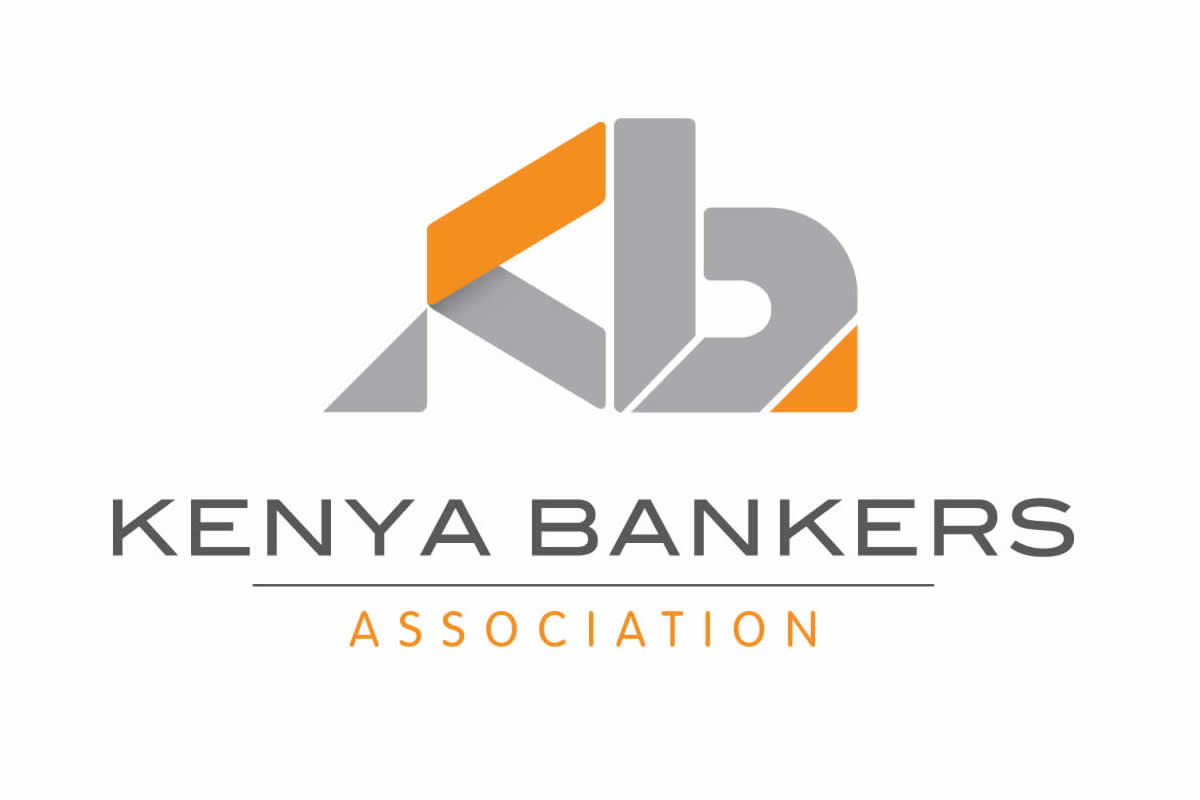3rd August 2022 – PwC Kenya in partnership with the Kenya Bankers Association (“KBA”) have today released the 2021 Total Tax Contribution (“TTC”) study of the Kenya Banking Sector. The TTC study was produced by PwC on behalf of KBA.
PwC’s TTC methodology discloses both the taxes that a company bears, such as corporate tax and Value Added Tax (“VAT”) that it is not able to recover (irrecoverable VAT), and also the taxes that banks collect as an agent of government such as Pay-As-You-Earn.
“This study offers valuable insight into how banks recovered from the Covid-19 pandemic in 2021 and how banks supported other sectors of the economy in recovery. 2021 was a year of economic recovery coming on the backdrop of greater access to vaccines and reopening of all sectors of the economy, especially the services industry. Various economic indicators point towards a sector that recovered from the pandemic in 2021. These indicators include a 47.67% reduction in loan loss provisions in 2021 relative to 2020 as well as an 11% growth in total deposits of the sector in 2021 relative to 2020,” said Peter Ngahu, PwC Country and Regional Senior Partner, Eastern Africa.
“Speaking during the launch, KBA CEO Dr Habil Olaka commended the strides made by the industry in regard to exceeding their total tax contribution to the country in comparison to previous years. He said, “Based on the findings of the FY 2021 Total Tax Contribution of the Kenya Banking Industry report, the banking industry made a Total Tax Contribution of KES 129.52 billion which is the highest contribution in five years (2017 to 2021). This is commendable, since it is a 23.59 percent increase compared to the 2020 contribution of KES 104.8 billion.”
Key findings
The TTC study shows that the 38 banks who participated in this study (representing 97% of the market share) made a total tax contribution of KES 129.52 bn in 2021 which marks an increase of 24% from the KES 104.8 bn in 2020. The 2021 contribution is 6.82% of the total tax receipts in Kenya compared to 6.9% in 2020.
“This 6.82% contribution of the banking sector to the total tax collections underscores the significant contribution of the banking sector to Kenya’s tax revenues. Consequently, the tax policy of the banking sector must be designed carefully to ensure the sector continues to thrive and effectively play its role in facilitating other sectors through advancement of credit,” commented Alice Muriithi, Associate Director at PwC Kenya and the lead technical advisor on the study.
The study also uncovered that banks paid KES 50.69 bn in corporate taxes in 2021 which represents 26% of the corporate taxes collected in Kenya. This is a 24% increase compared to the KES 41.28 bn collected in 2020. This increase was largely driven by an increase in the profit before tax of the banks of 85.17% in 2021 relative to 2020. The PBT increase is aligned to increased economic activity in 2021 as reflected by the GDP growth which grew from -0.3% in 2020 to 7.5% in 2021. The increase in corporation tax can also be partly explained by the increase in the corporation tax rate from 25% in 2020 to 30% in 2021.
The study also revealed that the measure of the cost of all taxes borne relative to profitability was 32.85%. This means that for every KES 100 of profits, banks paid KES 32.85 to the government as taxes.
The study further noted a 58% year-on-year increase in excise duty collected by the banking sector. This was the most significant year-on-year growth noted in the study, largely attributed to the 2021 economic recovery that provided a broader volume and value of transactions subject to excise duty.
Further, input VAT expensed by banks (irrecoverable VAT) reduced by 16.20% in 2021 compared to 2020. Increased uptake of digital banking and investment in technology has reduced reliance on banking halls compelling banks to close some branches and reduce their ATMs.
“This is the only tax category analysed in this report that reported a reduction in 2021 relative to 2020 thus pointing towards a sector that is reaping the benefits of digitalisation investments,” said Alice Muriithi.
The study offers an opportunity for the tax contribution of the banking sector to be quantified and analysed so that policy makers can assess whether the operating environment is supportive of the sector.
About PwC
At PwC, our purpose is to build trust in society and solve important problems. With offices in 155 countries and more than 284,000 people, we are among the leading professional services networks in the world. We help organisations and individuals create the value they are looking for, by delivering quality in Assurance, Tax and Advisory services. Find out more and tell us what matters to you by visiting us at www.pwc.com/ke
PwC refers to the PwC network and/or one or more of its member firms, each of which is a separate legal entity. Please see www.pwc.com/structure for further details.
About KBA
KBA (www.kba.co.ke) was founded on 16th July 1962. Today, KBA is the financial sector’s leading advocacy group and banking industry umbrella body that represents total assets in excess of USD 40 billion. KBA has evolved and broadened its function to include advocacy on behalf of the banking industry and championing financial sector development through strategic projects such as the launch of the industry’s first P2P digital payments platform PesaLink. In line with the Government’s policy on public-private partnerships, KBA and Central Bank of Kenya have implemented key projects such as modernization of the National Payments System through the Automated Clearing House, implementing the Real Time Gross Settlement System (RTGS), and the Kenya Credit Information Sharing Initiative. The KBA members comprise of commercial banks and deposit taking microfinance banks.
For Media Inquiries please contact:
Mr. Kennedy Mutisya,
Chief Finance Officer, Kenya Bankers Association
Phone: +254-20-2221704/2224014,
Email: kmutisya@kba.co.ke
© 2022 PwC. All rights reserved


